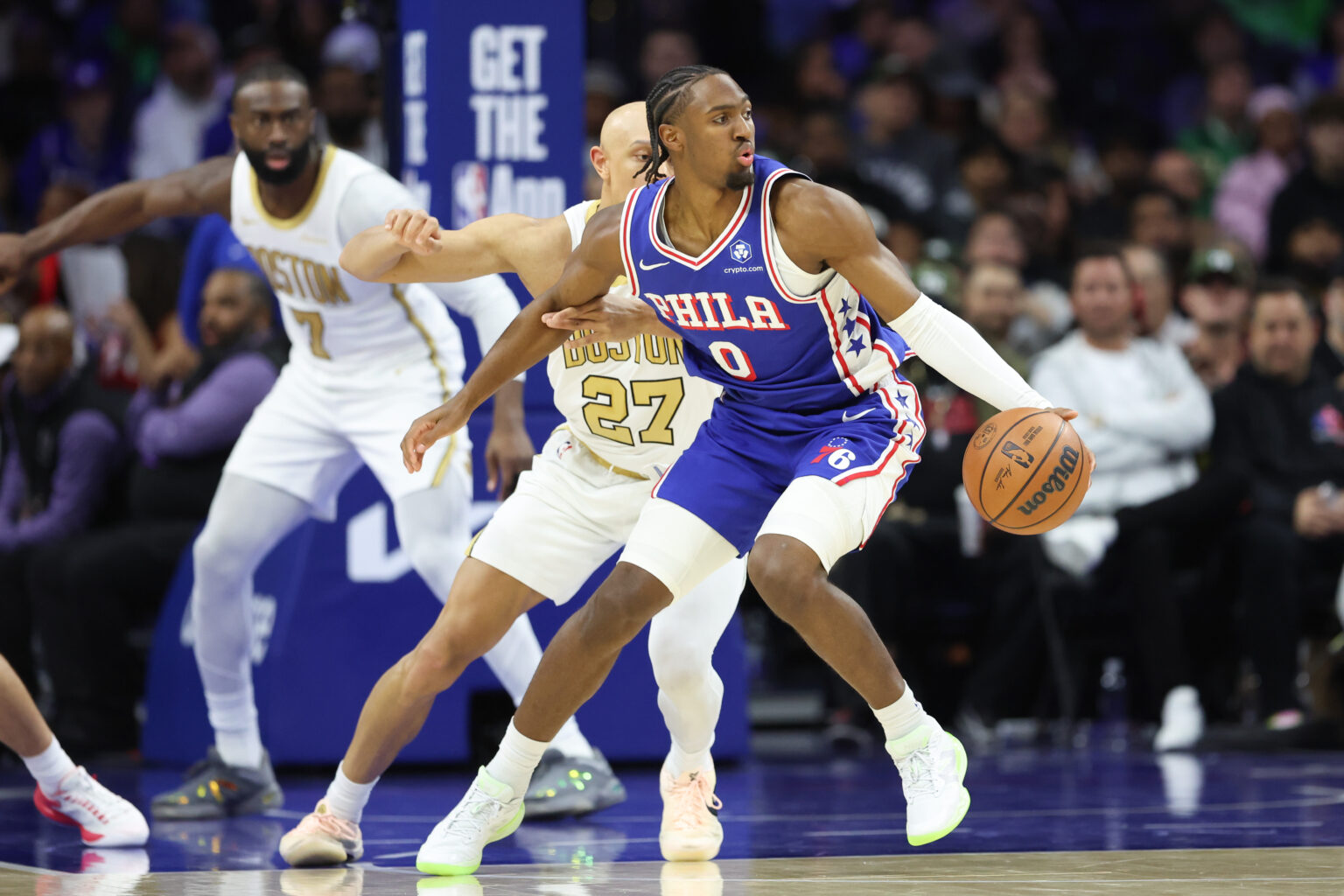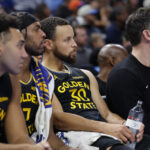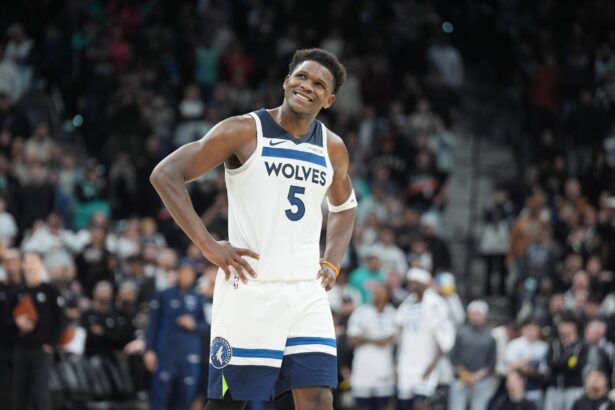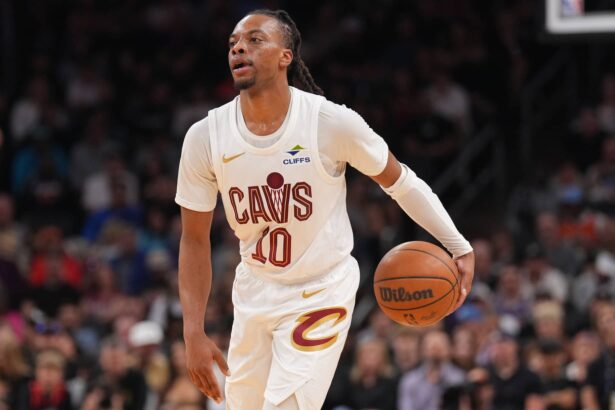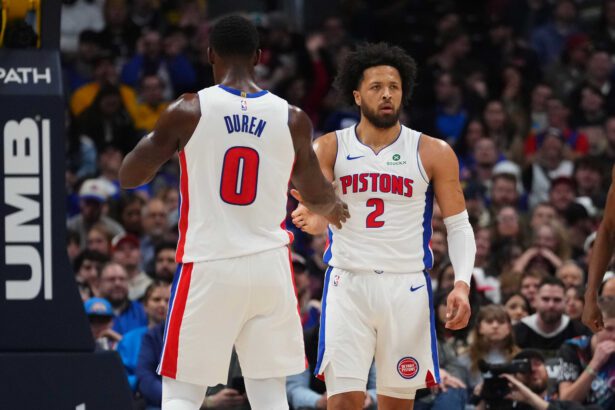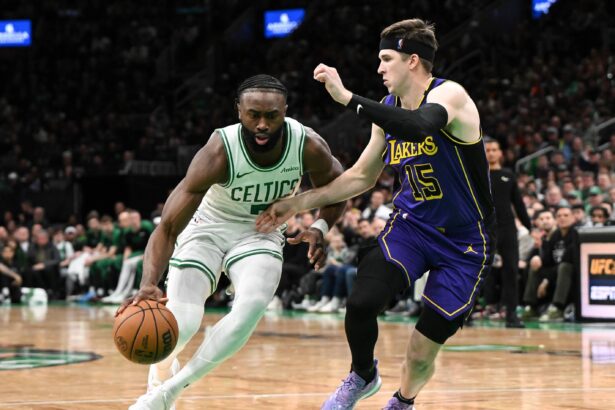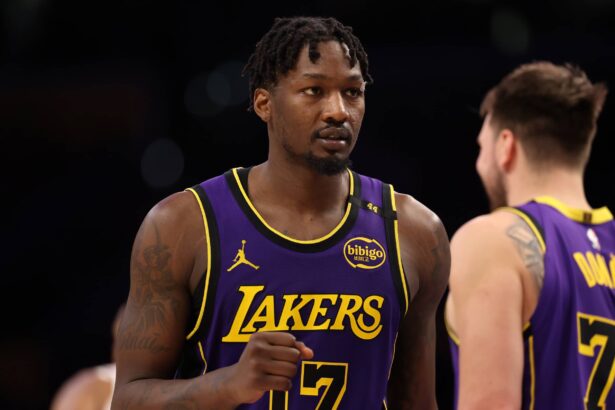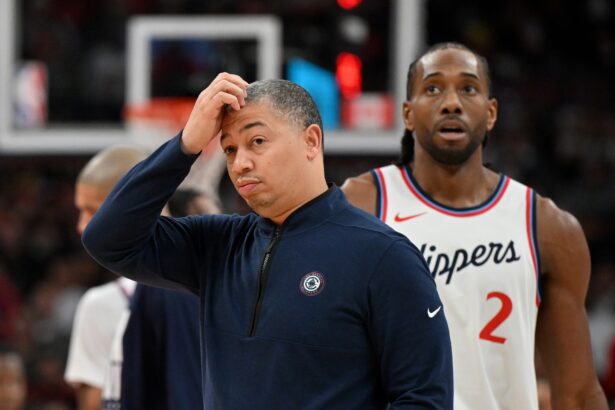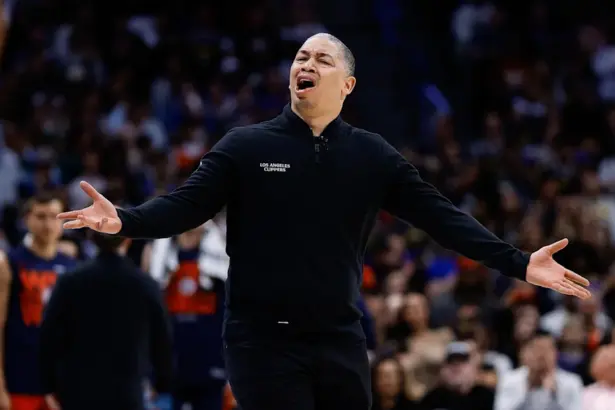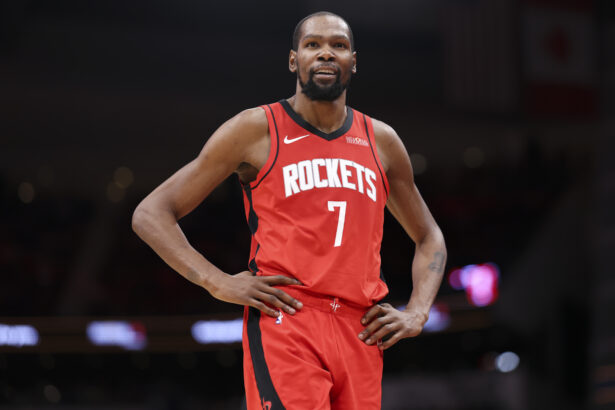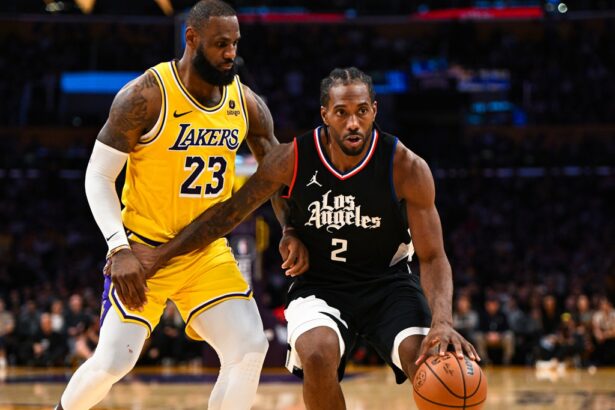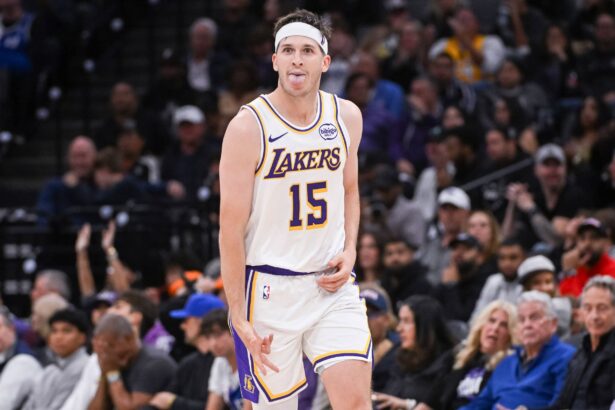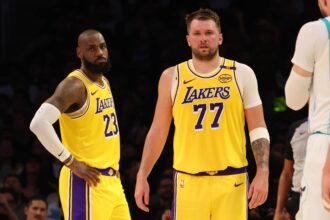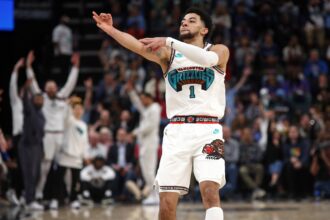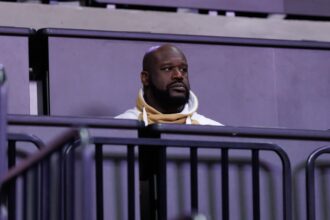The Philadelphia 76ers earned one of their grittiest wins of the young season, edging the Boston Celtics 102-100 in a game defined by clutch shooting and some late-game chaos at TD Garden. Playing without Joel Embiid, out again with new right-knee soreness, the Sixers leaned on their young core and timely execution, with second-year Justin Edwards erupting for a team-high 22 points on near-perfect shooting and Tyrese Maxey steering the offense with 21 points and nine assists.
- 1. Justin Edwards Delivered A Breakout Performance The Sixers Absolutely Needed
- 2. Tyrese Maxey Outsmarted Boston’s Defense Despite An Off Shooting Night
- 3. Andre Drummond’s Impact On The Interior Changed The Game’s Physicality
- 4. Boston’s Stars Played Well, But Their Efficiency And Late Execution Fell Apart
Despite trailing by eight with just over six minutes remaining, Philadelphia hit Boston with a stunning 14-4 burst fueled almost entirely by Edwards, who drilled three straight threes in under 90 seconds to flip the game. Boston had its chances, especially with Jaylen Brown pouring in 24 points and Derrick White adding 18 and seven assists, but the Celtics shot just 39.1% from the field and never found an answer for the Sixers’ timely perimeter shooting or Andre Drummond’s physicality inside.
In the final moments, Kelly Oubre Jr. delivered the knockout blow, an offensive-rebound putback with 8.7 seconds left, before Drummond’s defensive pressure forced Derrick White into a desperation heave that never reached the rim. Philadelphia, now 6-5 despite Embiid missing five of the first 11 games, walked away with a statement win built on toughness and clutch ability.
1. Justin Edwards Delivered A Breakout Performance The Sixers Absolutely Needed
Justin Edwards changed the entire trajectory of the game. The 21-year-old erupted for 22 points on 8-of-9 shooting, including 5-of-6 from three, giving the Sixers the efficient perimeter punch they typically rely on from Embiid’s inside gravity.
His trio of consecutive threes between the 6:14 and 4:56 marks of the fourth quarter erased an eight-point deficit almost single-handedly. Edwards posted a team-best +12 in his 27 minutes and became the focal point of the offense with Maxey on the bench to start the fourth.
Beyond the shot-making, Edwards provided important complementary value, three assists, a steal, and just one turnover, all while functioning as the secondary creator in most of Philadelphia’s late-game sets. His only missed shot of the night, an attempted dagger three in the final seconds, still produced the game-winning basket when Kelly Oubre Jr. cleaned it up. For a youngster who was averaging under 10 points per game for his career entering the night, this was the performance that could elevate his status.
2. Tyrese Maxey Outsmarted Boston’s Defense Despite An Off Shooting Night
Tyrese Maxey’s efficiency dipped (21 points on 5-of-17 FG), but his control of the game never wavered. He carved up Boston for nine assists, tied for the most by any player, and got to the line with relentless pressure, hitting 8-of-8 from the stripe.
Even while shooting under 30%, Maxey managed a +/- of -6, which undersells how central he was to keeping Philadelphia organized during its sluggish offensive stretches. He hit three timely threes and repeatedly forced Boston’s defense to collapse, unlocking kick-outs for Edwards, Grimes, and Edgecombe.
Defensively, Maxey was disciplined, just one foul in 34 minutes, and didn’t concede a single turnover, finishing with a 21-5-9-1 line. He quarterbacked a Sixers offense that produced 24 assists on 36 made shots and posted a superior 38.9% from three compared to Boston’s 34.2%. While it wasn’t one of Maxey’s cleanest shooting nights, the All-Star guard delivered a strong performance Philadelphia needed with Embiid again unavailable.
3. Andre Drummond’s Impact On The Interior Changed The Game’s Physicality
Andre Drummond swung the game with his sheer size and activity around the rim. He finished with 14 points, 13 rebounds, and shot 6-of-11, anchoring a Sixers frontline that outscored Boston 40-30 in the paint despite being without their MVP center.
His four offensive rebounds were part of a late-game shift in physicality that helped create second-chance opportunities, including the chaos that led to Oubre’s game-winner. Defensively, Drummond was equally important.
He added a block, posted a team-best +10, and forced Boston into tough finishes, especially Neemias Queta, who despite a double-double (10 boards) shot just 4-of-8 and committed two turnovers. Drummond’s late strip on Derrick White sealed the outcome, showcasing his awareness and ability to disrupt without fouling.
On a night Boston won the overall rebounding battle 53-44, Drummond was responsible for keeping Philadelphia competitive enough to capitalize when it mattered most.
4. Boston’s Stars Played Well, But Their Efficiency And Late Execution Fell Apart
Jaylen Brown (24 points) and Derrick White (18 points, 7 assists) carried the Celtics offensively, but the late-game execution simply wasn’t there. Boston shot 36-of-92 (39.1%) from the field and a middling 13-of-38 from deep, struggling to create consistent high-percentage looks when the Sixers tightened their defensive coverages.
White’s inability to get off a clean shot in the closing seconds, leading to the midcourt heave that never hit the rim, symbolized Boston’s lack of late-game clarity. Boston also wasted a huge rebounding advantage (53-44 overall, 13-8 offensive) by failing to convert second-chance looks, managing only 8 points off turnovers compared to Philadelphia’s 15.
The Celtics had five players with at least five rebounds and still couldn’t manufacture interior scoring, finishing with just 30 points in the paint despite Queta’s 10 boards and Brown’s physical rim attacks. Ultimately, Boston had multiple chances to take control, and even tie or win the game in the final seconds, but the shot creation and composure that usually define their veterans never materialized when it mattered.

